Boost Your Immune System
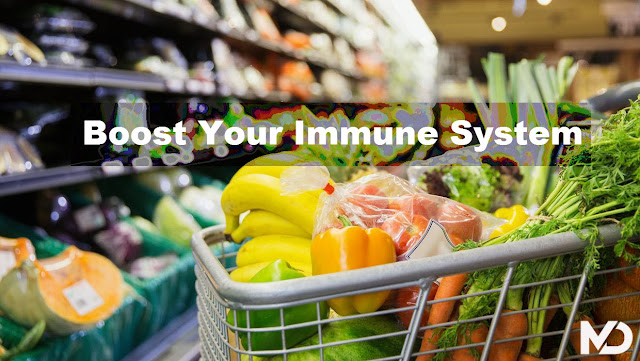
The immune system is a defensive mechanism inside each of us
that prevents disease-carrying microorganisms from entering our system. Think
of it as an antivirus for your body which ensures you are safe from all
infectious foreign bodies. So why is it that despite a strong guard, viruses
and germs can invade your body? Indeed, the immune system must also be
constantly stimulated and strengthened - negligence can put you in danger.
Feeding your body certain foods can help keep your immune
system strong. If you're looking for ways to prevent the winter cold and the
flu, your first step should be a visit to your local grocery store. Plan your
meals to include these 30 powerful immune system boosters.
The simple lifestyle changes you can make include changing
eating habits. Read on to learn how to strengthen the immune system by simply
eating well.
28 Foods That Boost the Immune System
Elderberry

It is an old folk remedy. This fruit is loaded with
nutrients called antioxidants, and it can help fight inflammation. In some
laboratory studies, an extract from the berries appears to block flu viruses.
But scientists warn that further study is needed. You definitely still need an
annual flu shot!
Citrus fruits

Most people turn to vitamin C after catching a cold. This is
because it helps strengthen your immune system. Vitamin C is thought to
increase the production of white blood cells. These are essential to fight
infections.
Popular citrus fruits
include:
- Limes
- Lemons
- Oranges
- Grapefruit
- Tangerines
Because your body does not produce or store it, you need
vitamin C daily for continued health. Almost all citrus fruits are rich in
vitamin C. With such a variety, it is easy to add a pinch of this vitamin to
any meal.
Button Mushrooms
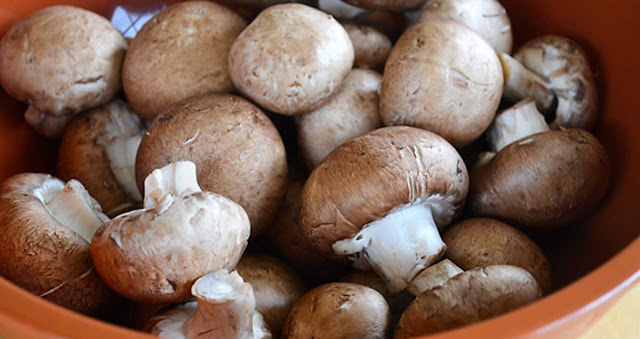
They give you the mineral selenium and the B vitamins
riboflavin and niacin. This helps you in several ways. If you lack selenium,
you may be more likely to have a more severe flu. Riboflavin and niacin play a
role in a healthy immune system.
Red Bell Peppers
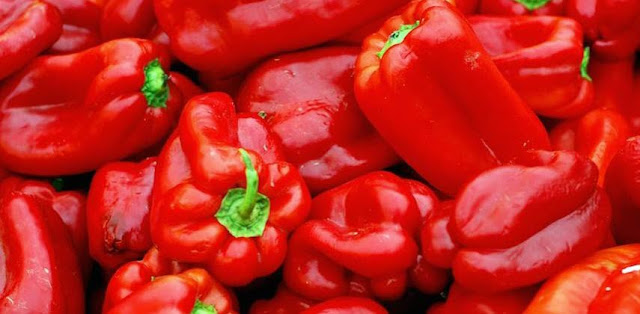
If you think citrus fruits contain the most vitamin C of any
fruit or vegetable, think again. Once for an ounce, red peppers contain twice
as much vitamin C as citrus fruits. They are also a rich source of beta
carotene. In addition to boosting your immune system, vitamin C can help
maintain healthy skin. Beta carotene helps keep your eyes and skin healthy.
Acai Berry
Its dark color indicates that it contains many nutrients
called anthocyanin’s.
There is no research that shows that acai is good for any
specific condition. But in general, antioxidants from food are a key part of a
healthy lifestyle.
Savor these berries in juice or smoothies, or try them dried
and mixed with granola.
Broccoli

Broccoli is overfed with vitamins and minerals. Filled with
vitamins A, C and E, along with many other antioxidants and fiber, broccoli is
one of the healthiest vegetables you can put on your table. The key to keeping
its potency intact is to cook it as little as possible - or better yet, not at
all.
Oysters
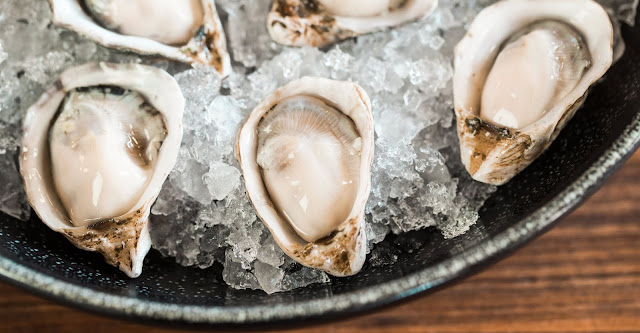
They contain zinc, which appears to have anti-virus powers.
This is probably because zinc helps create and activate the white blood cells
involved in the immune response. It also helps your immune system to perform
tasks such as wound healing.
Shellfish

Shellfish are not what comes to my mind for many who try to
strengthen their immune systems, but some types of shellfish are filled with
zinc.
Zinc doesn't get as much attention as many other vitamins
and minerals, but our bodies need it for our immune cells to function as
expected.
Varieties of zinc-rich crustaceans include:
- crab
- mussels
- clams
- lobster
Remember that you don't want to have more than the
recommended daily amount of zinc in your diet. For adult men, it's 11
milligrams (mg) and for women, it's 8 mg. Too much zinc can actually suppress
the function of the immune system.
Garlic

Garlic is found in almost every kitchen in the world. It
adds a little spice to food and it's a must for your health. The first
civilizations recognized its value in the fight against infections. According
to the National Center for Complementary and Integrative HealthTrusted Source,
garlic can also help lower blood pressure and slow hardening of the arteries.
The immunostimulatory properties of garlic seem to come from a high
concentration of sulfur compounds, such as allicin.
Watermelon

It is not only refreshing. When ripe, it also contains a lot
of antioxidants called glutathione. It strengthens the immune system to fight
infections.
To get the most glutathione in your watermelon, eat the
luscious red flesh near the bark.
Ginger

Ginger is another ingredient that many turn to after getting
sick. Ginger can help reduce inflammation, which can help reduce sore throat
and other inflammatory diseases. Ginger can also help decrease nausea.
Although it is used in many sweet desserts, ginger contains
heat in the form of gingerol, a parent of capsaicin. Ginger can help decrease
chronic pain and may have cholesterol-lowering properties, according to a
recent animal study.
Wheat Germ
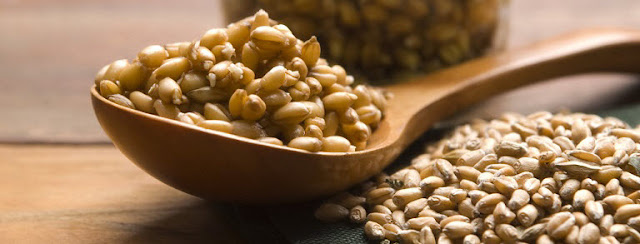
It is the part of a wheat seed that feeds a small wheat
plant, and is rich in nutrients. It's a great way to get zinc, antioxidants,
and B vitamins.
Wheat germ provides a good blend of fiber, protein and
healthy fats. In recipes, you can replace some of the ordinary flour with wheat
germ.
Spinach

Spinach was on our list not only because it is rich in
vitamin C. It also contains many antioxidants and beta-carotene, which can
increase the immune system's ability to fight infections. Similar to broccoli,
spinach is healthier when cooked as little as possible to retain its nutrients.
However, light cooking improves its vitamin A and allows other nutrients to be
released from oxalic acid.
Low-Fat Yogurt
Probiotics, found in yogurt and other fermented products,
can reduce the severity of colds. Look for labels that say "live and
active cultures".
Also look for adding vitamin D. Studies show that people
with low levels of vitamin D are more likely to have a cold or the flu.
Pure Yogurt
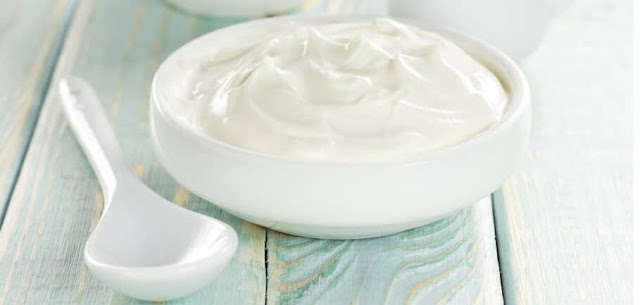
Look for yogurts that have "live and active
cultures" printed on the label, such as Greek yogurt. These cultures can
boost your immune system to help fight disease. Try to get plain yogurts rather
than those that are pre-made and loaded with sugar. You can sweeten plain
yogurt yourself with healthy fruit and a drizzle of honey instead.
Yogurt can also be a great source of vitamin D, so try to
select brands fortified with vitamin D. Vitamin D helps regulate the immune
system and is said to strengthen our body's natural defenses against disease.
Tea

Do not hesitate to choose white, green or black. Each
provides polyphenols and flavonoids that fight disease. These antioxidants seek
out and destroy free radicals that damage cells. Caffeine and decaffeinated also
work well.
Green Tea
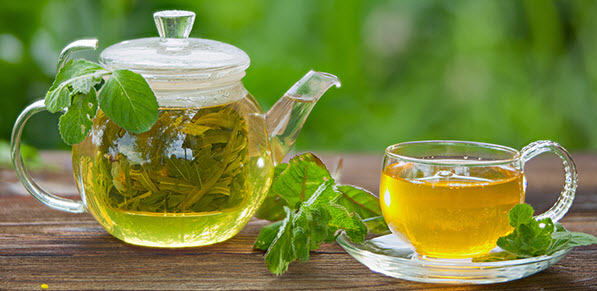
Green and black teas are packed with flavonoids, a type of
antioxidant. Green tea really excels in its levels of epigallocatechin gallate,
or EGCG, another powerful antioxidant. EGCG has been shown to improve immune
function. The fermentation process that black tea goes through destroys much of
the EGCG. Green tea, on the other hand, is steamed and not fermented, so that the
EGCG is preserved.
Green tea is also a good source of the amino acid
L-theanine. L-theanine can help in the production of anti-germ compounds in
your T cells.
Almonds

When it comes to preventing and fighting the common cold,
vitamin E tends to take precedence over vitamin C. However, vitamin E is
essential for a healthy immune system. It is a fat-soluble vitamin, which means
that it requires good absorption of fat. Nuts, like almonds, are packed with
vitamins and also contain healthy fats. A half-cup serving, about 46 whole
shelled almonds, provides almost 100 percent of the recommended daily amount of
vitamin E.
Sweet Potato

Like carrots, sweet potatoes have beta carotene. In your
body, which turns into vitamin A, which absorbs harmful free radicals. This
helps strengthen the immune system and can even improve the aging process.
Turmeric

You may know that turmeric is a key ingredient in many
curries. But this bright, bitter yellow spice has also been used for years as
an anti-inflammatory in the treatment of osteoarthritis and rheumatoid
arthritis. In addition, the ResearchTrusted source shows that high concentrations
of curcumin, which give turmeric its distinctive color, can help reduce muscle
damage caused by exercise.
Miso
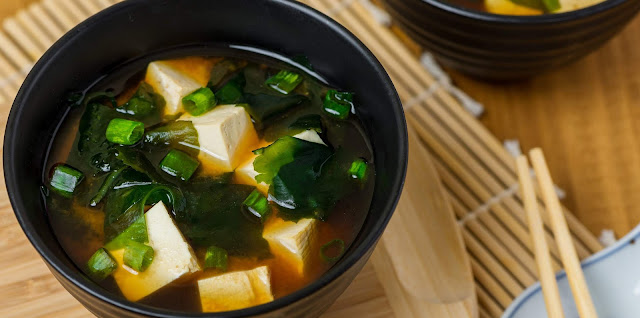
This traditional Japanese seasoning, based on fermented
soybeans, is generally in the form of salted dough. You probably had it in a
soup, but you can also add it to sauces. It contains probiotics, the
"good" bacteria found in yogurt, certain fermented foods, and your
gut. Because they boost your immune system, they can help fight infectious
diarrhea as well as other types.
Papaya

Another fruit loaded with vitamin C is papaya. You can find
224 percent of the recommended daily amount of vitamin C in a single papaya.
Papayas also have a digestive enzyme called papain which has anti-inflammatory
effects.
Papayas contain decent amounts of potassium, B vitamins and
folate, all of which are beneficial to your overall health.
Chicken Soup
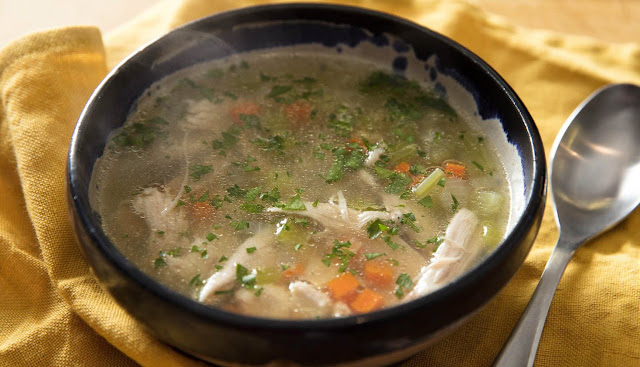
There is a difficult science behind Grandma's favorite cold
remedy. Homemade chicken soup can really ease your symptoms and help you
recover sooner. Additionally, it contains a chemical called carnosine that can
protect your body from the flu virus. Don't have time to make soup from
scratch? Researchers say many store-bought soups have the same effect.
Poultry / Chicken

When you're sick, chicken soup is more than just a health
food with a placebo effect. It helps improve the symptoms of a cold and also
helps you protect yourself from the disease in the first place. Poultry, like
chicken and turkey, is rich in vitamin B-6. About 3 ounces of light turkey or
chicken meat contains 40 to 50 percent of your recommended daily amount of B-6.
Vitamin B-6 is an important player in many of the chemical
reactions that occur in the body. It is also essential for the formation of new
healthy red blood cells. The broth or broth made by boiling chicken bones
contains gelatin, chondroitin and other nutrients useful for intestinal healing
and immunity.
Kiwi

Like papayas, kiwis are naturally loaded with a ton of
essential nutrients, including folate, potassium, vitamin K and vitamin C.
Vitamin C stimulates white blood cells to fight infection, while other
nutrients in the kiwi keep the rest of your body working properly.
Pomegranate Juice

The ancient Egyptians were on something when they used this
colorful fruit to treat infections. So far, most modern research has focused on
pomegranate extract, but the juice is promising: it can help your body fight
bacteria and several types of viruses, including the flu.
Sunflower Seeds
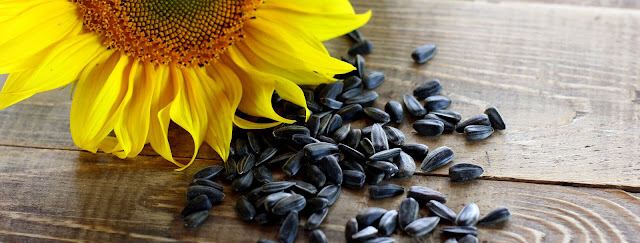
Sunflower seeds are packed with nutrients, including phosphorus,
magnesium and vitamin B-6. They are also incredibly rich in vitamin E, a
powerful antioxidant.
Vitamin E is important for regulating and maintaining the
function of the immune system. Other foods rich in vitamin E include avocados
and dark green leafy vegetables.




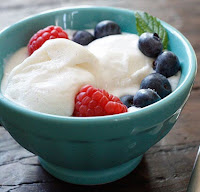



0 Comments